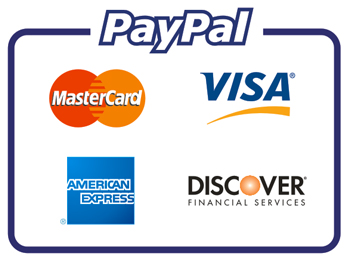I. Many economists believe the strict definition of perfect competition does not exist in the real world. Yet, the market equilibrium in this market is claimed to be efficient, and all other markets (monopoly, oligopoly and monopolistic competition) that are more realistic, are evaluated in terms of their distance from the equilibrium in a perfect competitive market.
Would you be in favor of having only very competitive firms in your town? Try to explain the pros and cons of it with examples.
II. This week we focused on four different types of markets: perfect competitive markets, monopoly, oligopoly, and monopolistic competition.
To start this topic, a student should give a link of a very recent business news article or journal article. Add a provocative comment/question for others in your group to continue the discussion, and build the empirical evidence needed for your project.
III. Chip makers (Qualcomm and Intel, for instance) and Smart Phone manufacturers (Apple and Samsung, for instance) belong to two oligopoly markets. However, these markets are connected because smart phones cannot work without chips. In 2017 we have seen a complex battle over patents and how much license fees should be between Apple and Qualcomm, the largest players in each market. They were fighting with lawsuits in the US, UK and China. Apple ended the litigation with Qualcomm in 2019 and agreed to buy Qualcomm Snapdragon chips because Intel-Apple were not able to develop 5G chips, Samsung and Wawei already have it, and Apple found itself cornered without 5G chips.
However, the discussion of licence fee models is still relevant. Read this Reuters’ article from 2017 about the license fee model supported by Qualcomm, Nokia and Ericsson, and the license fee model that Apple, Google, Mercedes, and VW would like to have:
https://www.reuters.com/article/legal-uk-eu-technology-patents/apple-faces-down-qualcomm-ericsson-over-eu-patent-fees-idUSKCN1C71EO
1. Show with an example how these two license fee models are different.
2. As a consumer of final products and not chips, what model favors you? Why?

 1-316-444-1378 or 44-141-628-6690
1-316-444-1378 or 44-141-628-6690
 November 12th, 2020
November 12th, 2020 

 Posted in
Posted in 